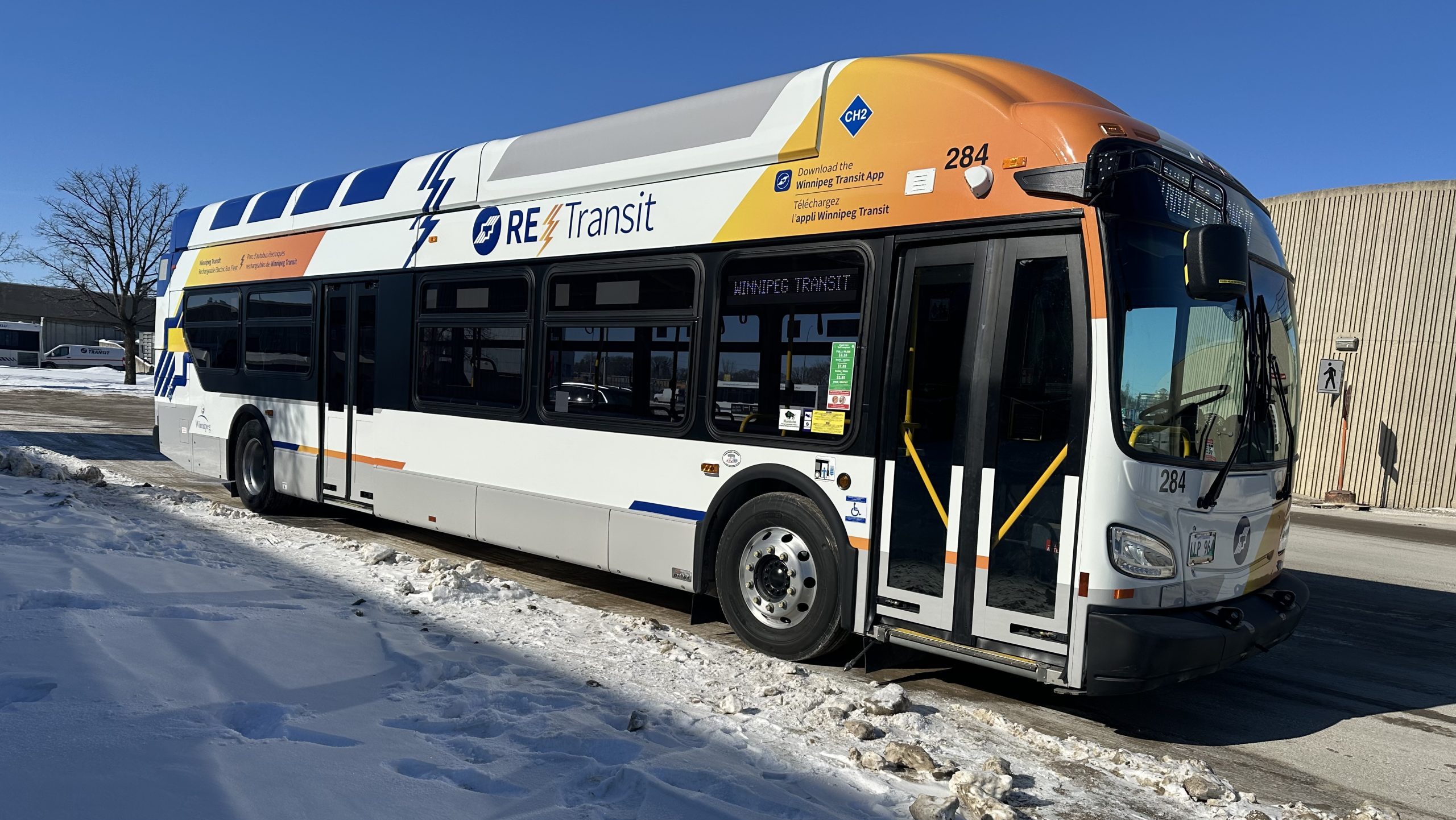Winnipeg Introduces Zero-Emission Hydrogen Buses for Sustainable Transit
Key Ideas
- The City of Winnipeg introduced its first zero-emission hydrogen bus, with 16 more set to join this spring, capable of eliminating 60-80 tons of greenhouse gas emissions per year.
- The buses utilize hydrogen fuel cells, converting hydrogen into water vapor and electricity, making their emissions solely water vapor. Testing will determine the most effective technology for Winnipeg's climate.
- The project received $280 million in federal funding to expand the fleet, including 24 additional battery-electric buses by early 2026, showcasing a commitment to sustainable public transportation.
- While praised as a step forward, considerations include the source of hydrogen, as green hydrogen is preferred over grey or blue hydrogen due to emissions from natural gas production.
The City of Winnipeg recently revealed its initiative to introduce zero-emission buses to its public transportation system, with the unveiling of the first hydrogen-powered bus. This move is part of the Transition to Zero-Emission Bus Program, aiming to reduce greenhouse gas emissions significantly. Each of the buses is capable of eliminating an impressive 60-80 tons of greenhouse gas emissions annually, marking a significant step towards sustainable transit solutions.
The buses operate using hydrogen fuel cells, which facilitate the conversion of hydrogen into water vapor and electricity. The buses are designed to emit only water vapor, making them a clean and environmentally friendly option for public transportation. The project manager, Erin Cooke, highlighted the innovative technology, emphasizing the leadership role Winnipeg is taking in evaluating and implementing zero-emission solutions.
The fleet of 16 buses, consisting of both 40 and 60-foot fuel cell buses powered by hydrogen, will undergo testing to assess their effectiveness in Winnipeg's cold climate. While fuel cell buses present as a zero-emission option, there are challenges to address, particularly concerning the local climate and efficiency.
The project has attracted positive feedback, with James Beddome from Manitoba Eco-Network acknowledging the importance of reducing greenhouse gas emissions. Beddome emphasized the significance of utilizing green hydrogen over grey or blue hydrogen to minimize overall emissions, considering the impact of natural gas production. The project's success is boosted by the substantial $280 million federal funding allocation, enabling the expansion of the zero-emission bus fleet and the introduction of additional battery-electric buses in the near future.
The initiative demonstrates Winnipeg's commitment to sustainable public transportation and environmental stewardship, setting a positive example for other cities to follow in transitioning towards cleaner and greener transportation options.
Topics
Fuel Cells
Environmental Impact
Green Technology
Government Funding
Sustainable Transit
Public Transportation
Climate Challenges
Latest News
